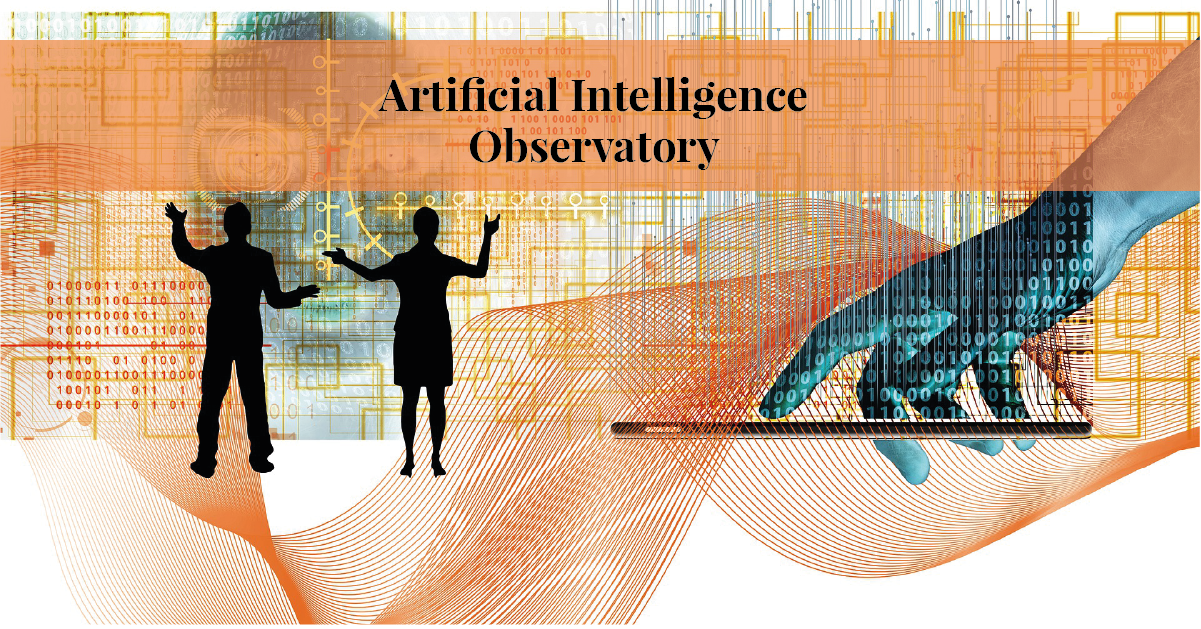AI LEGAL,
a prism to compose
Artificial Intelligence is a topic of growing relevance and widespread debate across numerous fields. This digital column features our in-depth articles, white papers, and contributions reflecting diverse perspectives on AI in the many dimensions of law.
Column in collaboration with InsideAI.
AI and Employment: What Articles 11–12 of Law 132/2025 Change (video)
This session of our LinkedIn Live on AI and Italian Law in focused on article 11 e 12 that redesign the rules governing the use of artificial intelligence in job processes.Article 8 of Italian Law 132/2025: Artificial Intelligence and Scientific Research (video)
Our LinkedIn Live series on Artificial Intelligence and Italian Law 132/2025 continues!
This third session in focused on article 8 that expressly regulates the use of data in scientific research for the development of artificial intelligence systems.
Italian Law 132/2025 and the use of Artificial Intelligence in Healthcare (SLIDE)
The slides from our event "Italian Law 132/2025 and the use of Artificial Intelligence in Healthcare".Italian Law 132/2025 and the use of Artificial Intelligence in Healthcare (video)
Second session dedicated to the Italian Law on Artificial Intelligence. The aim of this talk is to understand how Law 132/2025 shapes the relationship between technological innovation and the protection of rights within the healthcare system. The application of AI in healthcare opens up new opportunities but also requires clear and well-defined rules.
AI Act and Italian law (132/2025): an integrated framework (SLIDE)
The slides from our event "AI Act and Italian Law 132/2025: an integrated framework". It's the first in a series of meetings dedicated to the topic of Artificial Intelligence.AI Act and italian Law (132/2025): an integrated framework (video)
We’re excited to share the first video in our new series on Artificial Intelligence and the Law.Italy is the first country in Europe with a national law on Artificial Intelligence!
How does it interact with the EU's AI Act? In this video Silvia Stefanelli analyzes the crucial differences and immediate practical implications for businesses and Public Administrations.
Confidentiality of conversations with AI: what happens to the data we enter as prompts?
Many of us use AI systems in our daily lives and at work. But are we sure we know what happens to the data we enter as prompt, especially when it comes to personal data, information covered by property rights or trade secrets? In this article, we look at the confidentiality of conversations with AI systems and their legal implications.
Automation of Tender Procedures and Human Oversight
The use of automation, algorithms and Artificial Intelligence I in public procurement can optimise tendering processes. However, this must be counter-balanced by the principle of human oversight, which ensures human control over the process and thus the legitimacy, transparency and fairness of administrative action.
Should you disclose that you used an AI system to generate content? Transparency obligations for deployers
It is now common practice in the workplace to generate content using AI tools. However, there is some confusion about whether this practice is allowed and what restrictions are placed on users of AI systems. In this article, we will discuss the specific transparency obligations that the EU Regulation on Artificial Intelligence (AI Act) imposes on deployers in professional settings, such as advertising.
Profiling, monitoring and automated decision-making: work-related risks
One of the areas most affected by the introduction and diffusion of Artificial Intelligence systems is undoubtedly the work sector. In fact, the use of AI technologies in this sector can range from the pre-employment phase (such as the search and selection of personnel) to the management of the employment relationship (such as job changes, promotions, transfers, performance monitoring, etc.) and its termination (i.e. whether or not to proceed with dismissal). Artificial intelligence can also be an effective work tool, supporting the functionalities of health and safety equipment or assisting workers themselves in performing their tasks. But while the potential of this tool is enormous, we must also be aware of the risks associated with its use. The concrete risks include the invasive monitoring of workers, their systematic profiling and automatic decision-making that can lead to discriminatory treatment. Let us look at them in detail.
